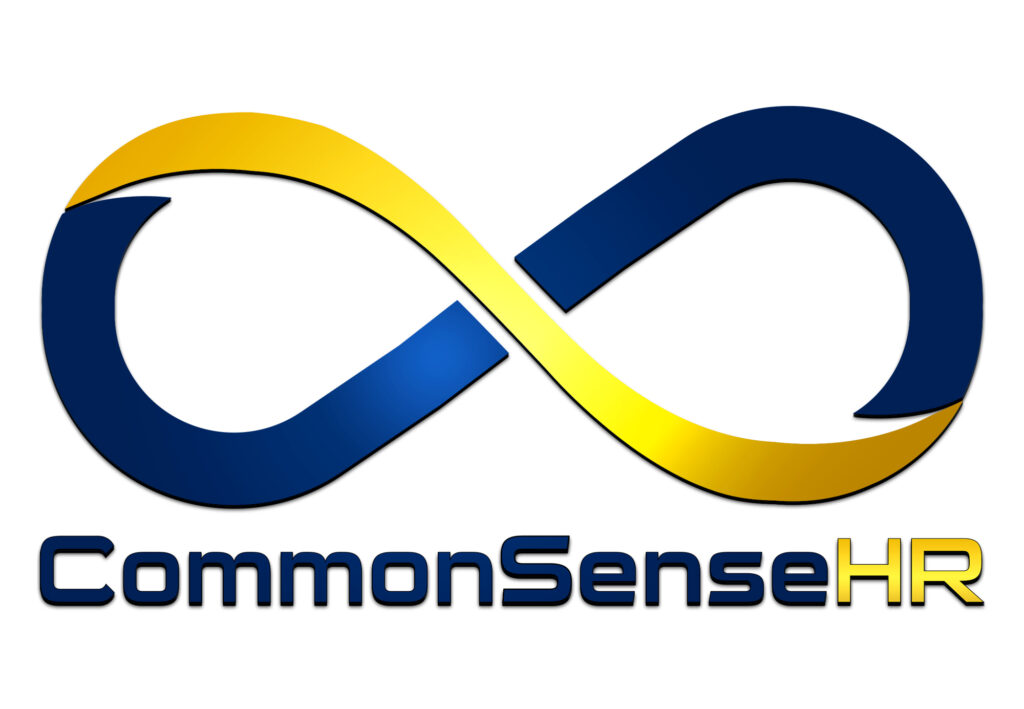According to a series of articles written by four industry experts and posted by Garry Fissman on Linked In, there are 10 Trends Shaping the Future of HR in 2017. https://wispapp.com/blog/2016/12/26/hr-trends-shaping-the-future-of-hr-in-2017/
This series of articles suggests that the next few years will be a time of seismic change in the rapidly advancing digital workplace. Chalk it up to a combination of trends — from the death of classical hierarchies and top-down management to a new focus on inclusion, productivity and innovation. These trends include:
1. More digital workplaces
2. New ways of working
3. Development of ethical workplaces
4. Acceleration of HR Technologies
5. New organizational structures
6. More tools to support work and collaboration
7. Learning on-demand, just in time
8. Connecting with a greater purpose
9. More inclusive workplaces
10. Increasing innovation
Because my focus is on employee engagement, diversity and inclusion I was particularly interested in the comments regarding points 8,9 and 10. Employees today, and especially many millennial workers are looking to satisfy more than just extrinsic rewards like salary and benefits.
As one of the articles points out “There needs to be a more, almost intrinsic and moving reason to work, and more purposeful things that people can connect to.”
Further, the series points out that “if people know the purpose of the company and they are included in shaping its destiny, then innovation will naturally start to generate conditions of success and form projects and activities that become a part of their job.”
There was a time where innovation was left to research & development, but the writer does not think this can work like that anymore. Instead it is suggested that “we need everybody to get involved in some sort of a crowd-sourced agenda for the future.”
However, I would submit that unless the employee of today feels a part of something, included and valued for their input, then the discretionary effort that comes from an employee being fully engaged will be lacking when it comes to the innovation needed to stay competitive in today’s marketplace.


